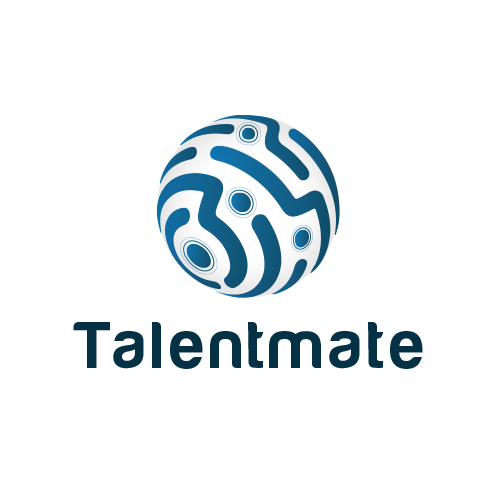
Senior AI ML Engineer - Simulation
Talentmate
India
18th September 2025
2509-5558-168
Job Description
Job Summary
We are seeking a talented Simulation Engineer to join our team, specializing in Digital Twin Simulation and Network Optimization. This role involves designing and implementing simulation models and optimization solutions to enhance warehouse logistics, resource allocation, and network efficiency. The ideal candidate will bring strong technical expertise in Python, simulation modeling, and optimization techniques, along with a passion for solving complex operational challenges.
Responsibilities
- Develop and maintain digital twin simulations for warehouse and logistics systems, modeling system states, events, and resource interactions.
- Create and optimize network models to improve flow, resource allocation, and operational performance.
- Collaborate with stakeholders to integrate simulation and optimization solutions into existing workflows.
- Analyze simulation outputs to pinpoint inefficiencies and recommend actionable improvements.
- Write modular, testable, and efficient code to support simulation and optimization projects.
- Document processes, methodologies, and findings for technical and non-technical audiences.
- Core Python: OOP, data structures, algorithms; writing modular, testable, efficient code
- Data Manipulation & Numerical Computing: pandas for cleaning/analysis; NumPy for computations
- Data Ingestion: fetching from REST APIs (requests) and databases (SQL)
- Discrete-Event Simulation: DES principles; SimPy for modeling states, events, resources (e.g. warehouse flows)
- Operations Research & Optimization: LP/MIP formulation; Python libraries (OR-Tools, Pyomo, PuLP); familiarity with VRP basics and assignment problems
- Graph Analytics: NetworkX for building/analyzing network topologies and flows
- DevOps & Version Control: Git with CI/CD pipelines; Docker containerization
- API Development: building/deploying REST services with Flask or FastAPI
- Visualization: creating plots and dashboards using Matplotlib, Seaborn, or Plotly
- Advanced Routing & Heuristics: VRP variants (time windows, Hours of Service); heuristics/meta-heuristics (Tabu Search, Genetic Algorithms, Branch & Bound, Simulated Annealing)
- Commercial Solvers: Gurobi or CPLEX and their Python APIs
- ML-Enhanced Simulations: integrating scikit-learn or TensorFlow/PyTorch models for predictive maintenance or anomaly detection in digital twins
- Alternative Simulation Paradigms: agent-based modeling, etc.
- Streaming & IoT: real-time data processing with kafka-python; MQTT (paho-mqtt) for live twin updates
- Geospatial Processing & Visualization: GeoPandas, Shapely; routing engines/APIs (OSRM, Google Maps, HERE); Folium for maps
- Interactive Dashboards: Dash or Streamlit
- 3D Visualization: pyvista or vedo for complex digital-twin renderings
We are happy to support your need for any adjustments during the application and hiring process. If you need special assistance or an accommodation to use our website, apply for a position, or to perform a job, please contact us by emailing accommodationrequests@maersk.com.
Job Details
| Role Level: | Not Applicable | Work Type: | Full-Time |
|---|---|---|---|
| Country: | India | City: | Pune ,Maharashtra |
| Company Website: | http://www.maersk.com | Job Function: | Engineering |
| Company Industry/ Sector: |
Transportation Logistics Supply Chain and Storage | ||
What We Offer
About the Company
Searching, interviewing and hiring are all part of the professional life. The TALENTMATE Portal idea is to fill and help professionals doing one of them by bringing together the requisites under One Roof. Whether you're hunting for your Next Job Opportunity or Looking for Potential Employers, we're here to lend you a Helping Hand.
Similar Jobs
Disclaimer: talentmate.com is only a platform to bring jobseekers & employers together. Applicants are advised to research the bonafides of the prospective employer independently. We do NOT endorse any requests for money payments and strictly advice against sharing personal or bank related information. We also recommend you visit Security Advice for more information. If you suspect any fraud or malpractice, email us at abuse@talentmate.com.








